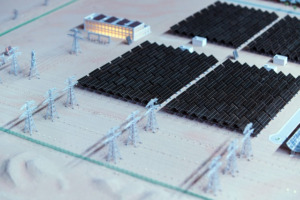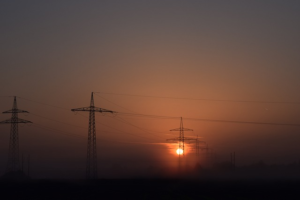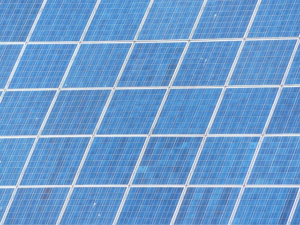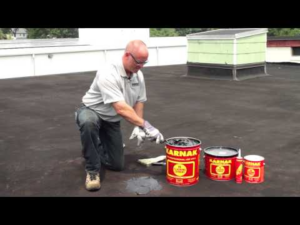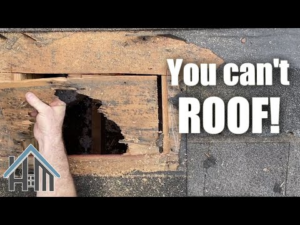
Florida may be known as the Sunshine State, but some insurance agents say they’ve been unprepared for the recent boom in rooftop solar power installations across the state, installations that can affect coverage, premiums and even home sales.
“We kind of got blindsided, to tell you the truth,” said Christy Wolfe, sales development manager with Florida Peninsula Insurance and Edison Insurance.
The number of solar panels and solar power installation companies have exploded in Florida in the last few years. Solar companies in Florida now top 700, by some estimates, and solar capacity jumped by 57% in 2020 alone, the U.S. Energy Information Administration reported. Experts say the boom appears to be the result of lower technology prices, rock-bottom interest rates on financing, federal tax rebates, and a new interpretation of public policy.
The Florida Public Service Commission in 2018 declared that its rules fully allow leasing of the solar equipment to the homeowner, if the lease terms are not structured to, in effect, sell electricity to the customer. That has significantly reduced upfront costs for homeowners. More than 71,500 Florida properties had some type of solar installation by the first quarter of this year, according to commission. Other estimates put the figure as high as 90,000. That’s almost an eight-fold increase since 2017.
But homeowners and some insurance agents may not be aware of the extra insurance requirements and costs involved, or where to find coverage, agents said at a gathering of real estate agents in Pensacola last week.
“There’s not a lot of history on solar panels. There’s not a lot of data, so a lot of carriers won’t cover homes with solar,” Wolfe said. “And when you start drilling holes in a roof, it’s problematic.”
Only a limited number of carriers in the troubled Florida market, already facing soaring roof replacement costs, hurricane losses and what they say is excessive litigation over claims, will cover homes with solar, agents said. Some have no exclusions and will cover panels under the Coverage A section of homeowners’ policies. Others exclude the photovoltaic panels from damage caused by wind or hail. Others avoid it altogether, said B.G. Murphy, director of Government Affairs for the Florida Association of Insurance Agents.
Citizens Property Insurance Corp. the state-backed insurer of last resort and the largest carrier in the state, will write some homes with solar, a spokesman said. And Universal Property & Casualty, the largest private property insurer in Florida, will provide coverage in most cases. Older roofs must be in good condition, said John Lykins, the Alabama and Florida marketing manager for Universal.
But the company is also discussing potential changes in coverage restrictions.
“The tricky part is the liability associated with it,” including who may be responsible if electrical utility systems are damaged or if a utility worker is injured from power generated by the residential solar panels, Lykins said.
…….
Source: https://www.insurancejournal.com/news/southeast/2021/11/01/639969.htm
